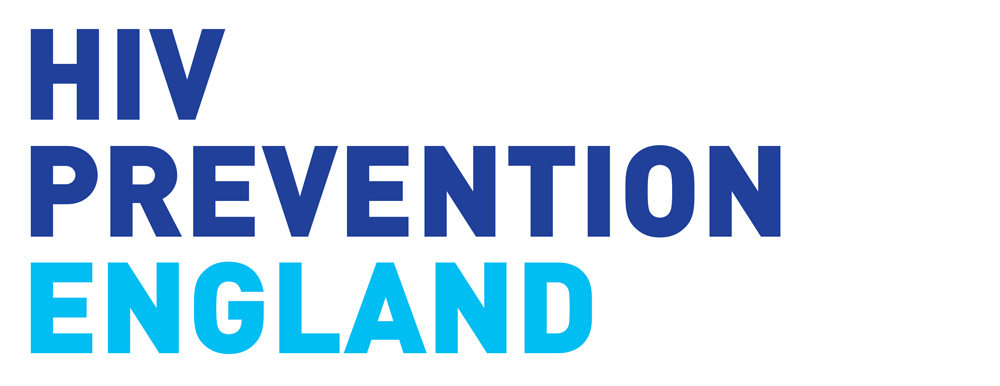Below are case studies based on real experiences. Please read and consider your response to the questions that follow each study.
Case study one
T is a 32-year-old single woman who feels she is sexually liberal, although she comes from a conservative African background where sex outside marriage is considered taboo.
T was visiting her pharmacy to access emergency contraception. On entering the pharmacy, T noted that it was quiet and the male staff were gathered at the back of the store talking. T approached them and asked to speak to the pharmacist.
One of the staff asked, ‘Why do you need to speak to the pharmacist?’ to which T replied, ‘I need to speak with them about a private matter.’
Although he seemed reluctant, the staff member called the female pharmacist over to the desk, who then loudly asked T, ‘What can I help you with?’
Although she felt uncomfortable answering T replied, ‘I’d like to purchase some emergency contraception.’
T then noticed that the atmosphere in the pharmacy changed. The talking had stopped and all the staff were listening to her conversation. As she noted this the pharmacist asked T, ‘Have you taken this before? When did you last have unprotected sex?’ This was asked in front of the staff and another customer who had entered the store, which made T even more uncomfortable.
T asked the pharmacist, ‘Can we discuss this privately?’ and she replied ‘OK’ in a way that T felt was both angry and dismissive of her request.
The pharmacist showed T into a private consultation room and then asked additional questions and gave instructions on how and when to use the medication. Once this was explained, the pharmacist and T went back to the counter and the pharmacist went to the medicines area to get the medication and then back to the counter to ring up T’s purchase. As her purchase was being processed the pharmacist said to T in a loud voice, ‘Just remember you need to take this for five days from when you had unprotected sex for it to work.’
T took her purchase and left the store feeling upset and humiliated at her treatment and lack of discretion on the part of the pharmacist and staff. She has decided she will not use that pharmacy again.
Questions to consider
- What lessons could be learned from T’s experience?
- Did the interaction follow guidelines?
- What training opportunities arise from this exchange?
- How could you intervene at your own pharmacy if you witnessed an exchange like this?
Case study two
K is 23 years old, of Italian-Irish heritage and has been homeless and sofa surfing for around 18 months. He has been accessing face-to-face support and advice sessions for the last six months to get help with the situation he is in.
During the latest session, K discloses that he is bisexual and that he is currently doing sex work, as he can’t get a job without an address.
He says that he can make more cash from customers when condoms aren’t used during sex and he is the one being penetrated. He has concerns about this, but he needs as much money as he can make. K thinks that his customers wouldn’t be having sex without condoms if they were HIV positive or had sexually transmitted infections (STIs).
K wants to know what to do, he has tried to sign up at a GPs but as he doesn’t have a permanent address he is unable to, and is concerned he isn’t able to access/use clinical sexual health services either. His main concern is his lack of housing and the economic situation he is in. He is very stressed and emotional about what is happening in his life.
Questions to consider
- What are the points that could be discussed with K about his sexual practices and beliefs?
- Is K a good candidate for PrEP and how could he access it?
- How can you discuss PrEP with K so that he is able to use it in his present situation?
Case study three
F is a man of black African ethnicity in his early 40s. He has received treatment at his GPs previously having been diagnosed and treated for chlamydia and gonorrhoea. He has also within the last year received a course of PEP, although he is unsure if he finished the month-long course of treatment as he tested HIV negative 14 days into the regimen.
During previous discussions he has disclosed that he is married and also has sex with partners outside his marriage. He says he uses condoms when he remembers with partners who aren’t his wife. He doesn’t use condoms when he has sex with his wife as he says that would make her ‘suspicious’.
He wants to know what the strongest condoms that will protect him against HIV are, as he is very concerned about HIV. Despite these concerns, F finds it very difficult to discuss HIV and says he has little knowledge about it apart from avoiding certain ‘good-time girls’.
Questions to consider
- What are the points you could discuss with F about his sexual history and beliefs?
- Do you think he is a good candidate for PrEP?
- How could you help F overcome his fear and concerns about HIV?
Next: Take the quiz to check your knowledge about PrEP. [coming soon]
